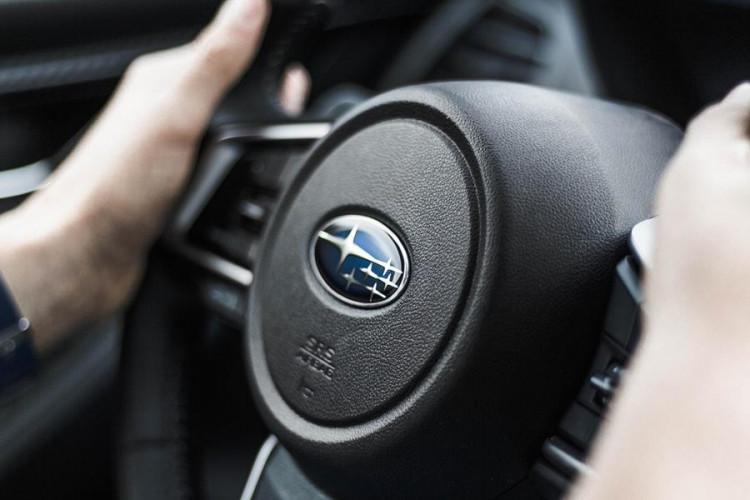Subaru Corp. of Japan announced its first all-electric vehicle (EV), the culmination of a two-year cooperative development initiative with Toyota Motor Corp., the company's largest shareholder.
The Solterra was unveiled at a press conference in Tokyo on Thursday. It is based on the new "e-Subaru Global platform."
The platform, which was created in collaboration with Toyota, is designed for battery-electric vehicles. By the middle of next year, the model will be available in the United States, Canada, Europe, Japan, and China.
Subaru said the front-wheel-drive Solterra has a cruising range of 530 kilometers (329 miles), while the all-wheel-drive version can travel 460 kilometers on a single charge.
The unveiling of the sports utility vehicle coincides with a surge in demand for electric vehicles as governments across the world tighten environmental regulations to reduce carbon emissions. The bZ4X, Toyota's version of a battery electric vehicle (BEV), was unveiled last month.
Smaller carmakers, such as Subaru, are less able to support expensive EV development because of the technological move away from internal combustion engines.
At the same time, it's an opportunity for top-tier automakers like Toyota to reduce the gap with smaller competitors.
Toyota, a forerunner of hybrid electric vehicles but a latecomer to the pure electric vehicle market, expects to offer 15 BEV models by 2025. It also plans to invest $13.5 billion over the next 10 years to increase auto battery production capacity.
Subaru is yet another major Japanese car builder establishing ties with larger rivals in order to weather the once-in-a-generation transition to electric vehicles.
Honda and General Motors have joined forces. Last week, Congress enacted a $1.2 trillion infrastructure plan that sets the path for a clean energy future in the United States, where Subaru sells over 70% of its vehicles.
Subaru Chief Executive Officer Tomomi Nakamura was quoted by Bloomberg during the event as saying that the company "hope to leverage the cooperation to build up technology and know-how," until the world fully converts to battery electric automobiles.
"Later, BEVs will be an area where other manufacturers, including Toyota, will compete," Nakamura said.
Subaru's vehicle sales are less than a tenth of Toyota's, which is the world's largest automaker in terms of volume.
Toyota owns a fifth of Subaru and has a 5% stake in Mazda Motor Corporation, which expects to roll out around a dozen battery-powered vehicles by 2025, including hybrids and BEVs integrating Toyota technology.






